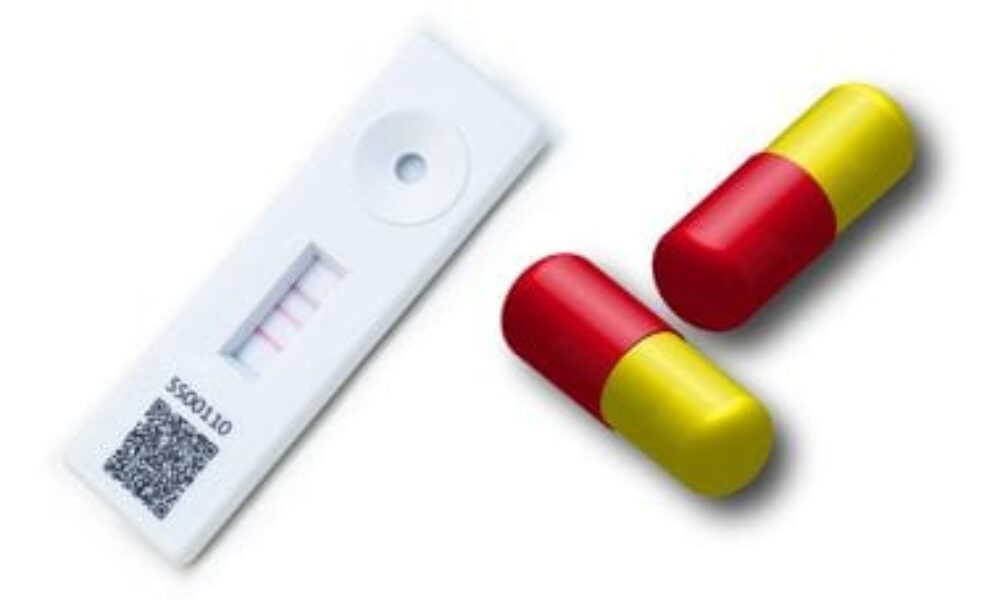It is likely that off-patent therapeutics market is going to get very crowded: analysts say that by 2020 $25 billion of $100 billion in biologics sales will be in this area1. So, how can pharmaceutical companies strategically plan to reinforce therapeutic differentiation and avoid missing any significant market opportunities?
The use of near-patient test and mHealth rapid diagnostic technology is a solution for aiding therapeutic differentiation: intuitive in-clinic, home or over-the-counter (OTC) drug activity monitoring methods for therapy guidance being the main differentiators.
As an experienced contract manufacturing organisation (CMO), Abingdon Health is helping global pharmaceutical partners cement their therapeutic market ambitions through the use of lateral flow immunoassay companion diagnostics. Further opportunities arise with the addition of the AppDx Smartphone reader platform. A customisable and modular approach that turns the phone in your pocket into a diagnostic test reader.
These technologies offer a variety of testing and monitoring solutions owing to their flexibility in being able to offer qualitative, semi-quantitative or quantitative results and detect different markers in a variety of sample types.
Abingdon Health’s rapid diagnostic technology is readily accessible and can:
- be used in the clinic or at home
- transfer data via connected Apps to a central system
- alleviate delays in results turnaround
- provide a simple and intuitive self-testing method
Greater therapeutic up-take owing to intuitive drug marker monitoring

A big concern for clinicians and patients alike is slow results delivery and any subsequent delay in drug therapy guidance owing to labour intensive laboratory monitoring methods.
The competitive advantage and growth opportunities for the pharmaceutical industry lie in greater uptake in a therapeutic, or a biosimilar for that matter, owing to the quick and intuitive way in which a drug can be monitored.
Policymakers are more likely to choose the use of approved drugs if the monitoring methods address the concerns of busy and financially-stretched primary care services at the same time as dealing with patient anxiety.
Clinical trial decentralisation solution
The cost-effective and easy-to-use nature of near-patient testing and Smartphone reader Apps could also aid with expediting and simplifying the clinical trial process.
Between 2018-19, nearly 870,0002 people took part in clinical research across England. This is a significant number, but anxiety, time-constraints or general inconvenience are likely reasons for why participation wasn’t greater.
Clinical trial managers could potentially overcome non-participation by offering a home-testing solution where clinical trial participants could easily sample at home, run tests, upload results via an App and transfer the data from any location. The obvious benefits being the reduction of labour costs, fewer clinic visits by patients, and enrolling a wider geographic cohort owing to portable point-of-care tests and connected Smartphone Apps.
In turn, the duration of clinical trials will be reduced because decision makers can analyse results quicker and therefore submit for approval faster.
See how we can aid your therapeutic differentiation strategy
Learn how Abingdon Health’s value for money services could deliver a quality, complementary near-patient test to aid your therapeutic differentiation strategy. Download our brochure at www.abingdonhealth.com/pharmaceutical-industry-brochure/
References: 1. How to compete and win in a world with biosimilars, KPMG 2015; 2. Record numbers of patients take part in clinical research, National Institute of Health Research 2019.

